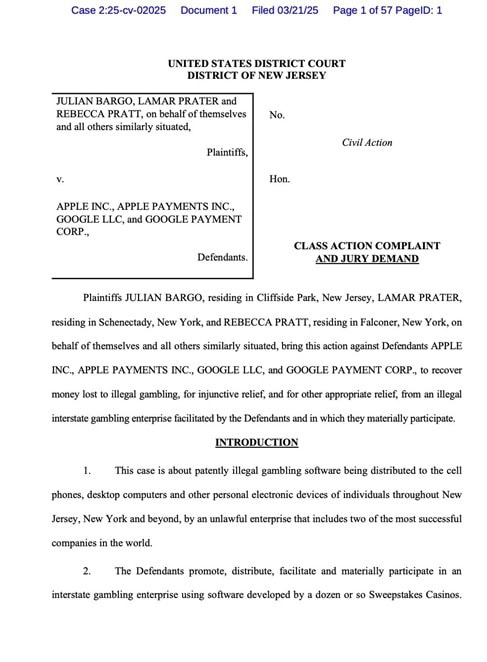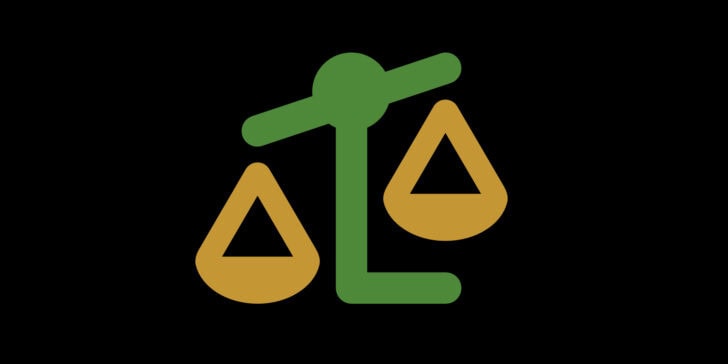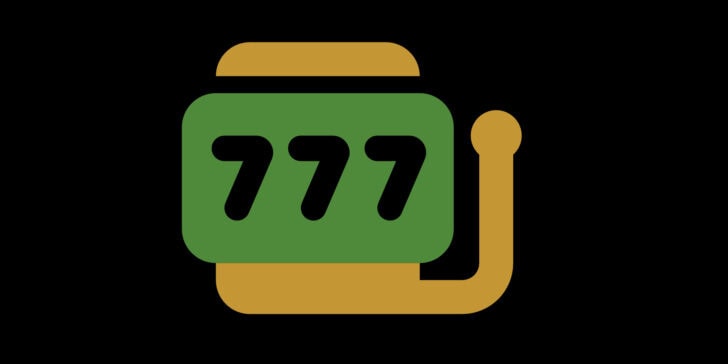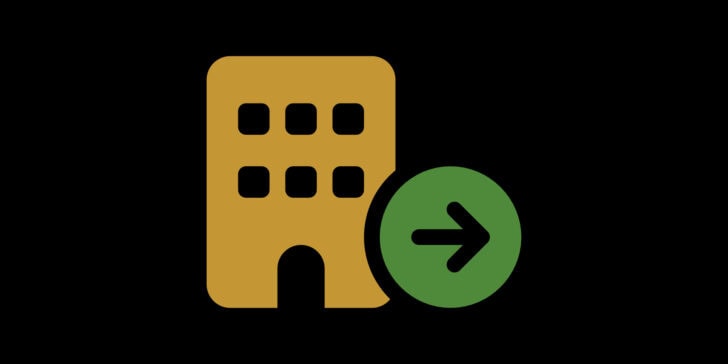Apple and Google have, once again, been named in a RICO class action lawsuit in New Jersey over payment processing for sweepstakes casinos.

Lead plaintiff, Julian Bargo filed a very similar case in November last year, then withdrew it on March 13th this year. It was initially unclear why Bargo chose to file for voluntary dismissal, but now that the case has reemerged with some tweaks, it’s clear the plaintiffs are taking a new angle.
The original suit named McLuck, WOW Vegas, High 5, and Crown Coins (all sweepstakes casinos) as defendants, along with Apple and Google. However, the new complaint only names the two tech giants. It also adds two more plaintiffs in the form of Lamar Prater and Rebecca Pratt.
Essentially, it seems the scope has been broadened to allow a class of players who transacted via Apple and Google at one of many sweepstakes casinos, rather than just the initial four. This would lead to higher potential damages.
The Allegations Against Apple and Google
The plaintiffs argue that “a dozen or so” sweepstakes casinos are supplying “illegal gambling software” to players in the US via Google and Apple’s app stores. They argue that the two tech companies are enabling the sweeps operators to capture a strong user base.
They also allege that the tech titans are facilitating illegal transactions (via Google Pay and Apple Pay) whereby players can purchase packages of coins for use at the sweepstakes casinos. Google and Apple, of course, take a small cut of each payment too.
On top of this, the plaintiffs argue that Google and Apple provide marketing guidance and monitor in-app activity to target users and extract payment in a predatory manner.
The basis for the alleged illegal nature of the casinos comes back to the same argument private cases have been trying to pin on the sweepstakes industry for a while – that the dual currency system is a front for unlicensed gambling.
Is RICO Appropriate for the Apple/Google Sweepstakes Case?
The plaintiffs’ justification for framing this under the Racketeer Influenced and Corrupt Organizations Act lies in their argument that Apple and Google knowingly enable and profit from illegal gambling activities by allowing sweepstakes casinos to operate through their platforms.
They claim that the tech giants don’t just provide payment processing services, but also take steps to support these casinos, such as offering marketing guidance and monitoring user activity. By doing so, the plaintiffs argue that Apple and Google are enabling and profiting from the broader sweepstakes casino operation, which they allege constitutes a criminal enterprise.
Does the Case Hold Water?
Critics will point out that there still hasn’t been any definitive ruling on the legality of sweepstakes casinos in the US, which undermines the basis of this whole suit. Others will argue that if the idea is to force a ruling on this issue, such grandiose claims within a RICO framing are probably not the best way to achieve this.
A best-case scenario for the plaintiffs would result in eye-watering damages to be distributed to a class group that would likely grow very fast – any player who lost money at one of the casinos would want a piece of the action.
However, the plaintiffs and their lawyers will have to prove something that no team has yet been able to do: that sweepstakes casinos are categorically illegal. And they’ll have to do it against the might of Google’s and Apple’s legal departments, no less.
For now, the case has been assigned to New Jersey judge, Michael E. Farbiarz, and a summons has been issued to the two tech companies.
We will, of course, keep you updated with any major developments.
Originally published: March 31st 2025



